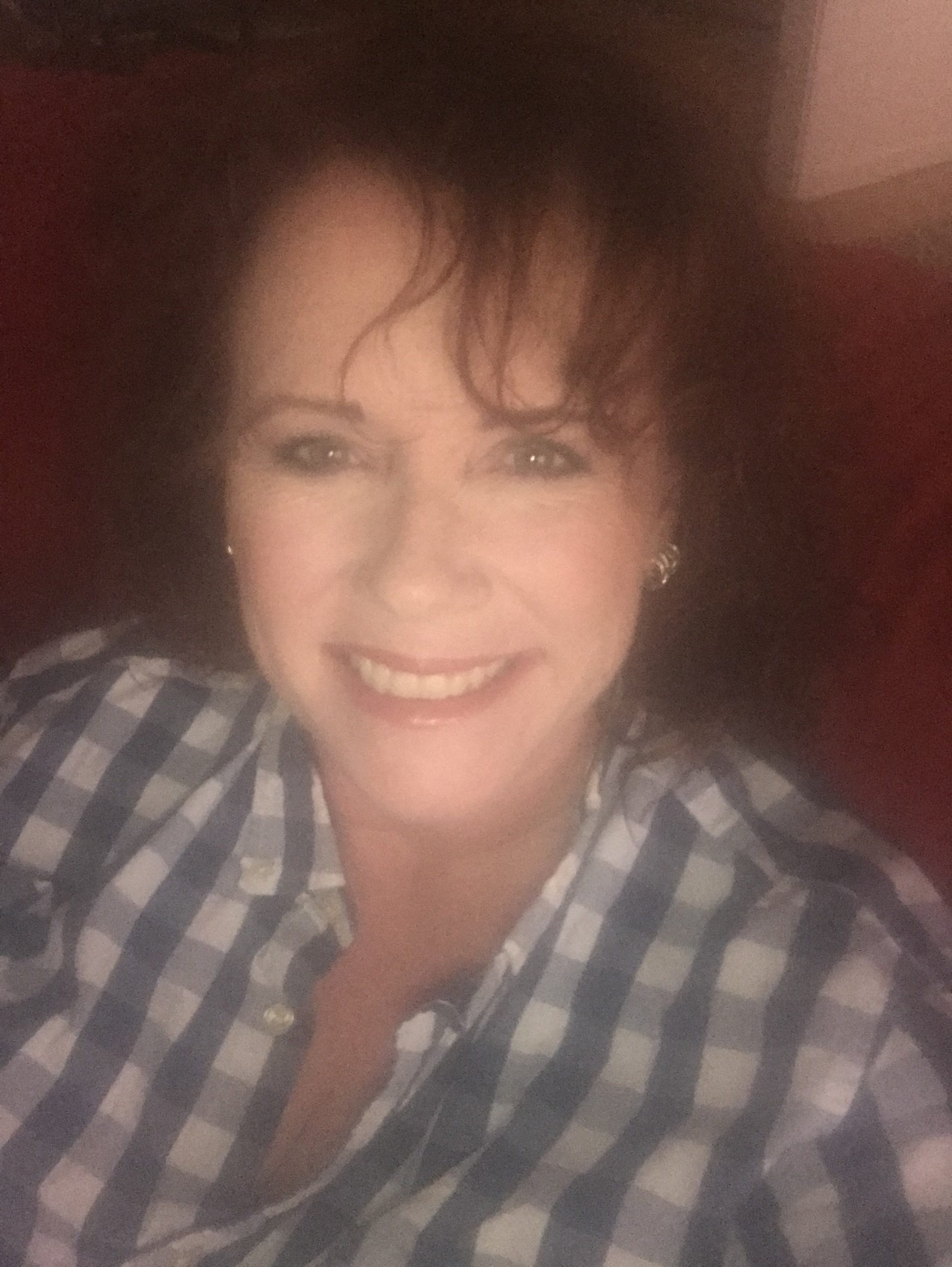(I’m going to do some posts on writing. Something I never thought I would sincerely blog about because there are SO many blogs out there about writing. But I figure- what’s one more? And- I have zero intention of providing anything remotely instructive. I intend my writing posts to be confessional and supportive. So, if you learn anything, it will be only from my failures and by complete accident.)
I read a lot of writing books. Right now I am reading this gem of a book from the 1950s. One I have that I keep mostly for the title is “Alone With All That Could Happen”.
That is what a book inside you is like. You are alone with all that could happen.
By writing your book,you are not alone with it anymore. If nothing else, you have admitted to yourself, really truly acknowledged, you are a writer.
 Because while the book remains only in your head–
Because while the book remains only in your head–
you are not a writer.
At best, you are a creative and literate thinker.
I have participated in workshops where folks attend seeking the answer to my title’s question: How Do I Write a Book? I have this idea, but how do I…
I always cringe because I don’t want anyone to ever hear one thing that would stop them from writing. Talk of schedules, exercises, reading lists, structure, grammar, editing…anything that will put you off sitting down and writing is not something you need to hear.
I think this is the single best thing I did. I had an idea and it wouldn’t go away and I started writing it. By the time I started seeking instruction and guidance, I had written that book and most of another. I was starting a third.
I have received writing instruction that stopped my writing. Any writer who talks about how easy it is…or tough love words like “you’re not really a writer if you’re not cranking out X words per day…”
That’s the stuff that hits me someplace too fragile to dismiss.
This past weekend, I went to a writing workshop led by Anne Lamott. Or to me, Auntie Annie. She doesn’t know this, but it really communicates how much I adore her. And her workshop wasn’t so much a workshop or class, but a sermon.
Good sermons are the ones that you leave the pew and think
I Can Do This.
You feel better, inspired.
Inspired to carry on, inspired to change.
Auntie Annie’s workshop encouraged me because she said the hardest part of writing is getting to the desk. The f-ing desk (I didn’t say it was a G-rated sermon). She said it was like swimming through syrup to just. reach. the. desk.
This is so me. And it was encouraging to have someone else say IT IS HARD and WE DO IT ANYWAY.
I think it is hard for three reasons who- like the three Greek witches- whisper in my ear and stir the cauldron in a conspiracy against achieving words on the page:
The first is named Distraction. She has long curly hair that acts as ropes to tie my day up and pull me in too many directions. None of them near my manuscript.
The second is named Gold. Because my writing has little payoff to anything but my soul, I find it way too easy to detour from the desk in efforts that feel more “productive”. And writing can cost money with classes, conferences, etc. Which makes her voice that much more grating.
Her voice is only drowned out by the third who is named Doubt. She is a ventriloquist and her voice can sound like my sixth grade teacher who only assigned creative writing as punishment or like my mother’s who found my reading and writing highly questionable and, at one point, forbid it. Or that one guy who laughed when I said I wanted to write a novel. Or sometimes her voice is disguised as Comparison when I think I will never be as good as <insert anyone here>. Or the shrill voice of Pettiness when I think how did <insert anyone here> get a contract when I am so much better. Sometimes she sounds like my own voice convincing me I am over it and don’t event WANT to write anymore.
These days, distraction has me the most confounded with things real and imagined, but I have found some much louder voices in my DH and two dear friends who gently, persistently prod me towards progress.
So here is my answer to How to Write a Book:
Brave the syrupy swim to the desk and write it. Ignore the impulse to seek answers before you just get it down. Identify the obstacles and gird yourself against them.
The answer is in the question:

LOL. I like your clever ending.
Bird by Bird by Anne Lamott and The Artist’s Way by Julia Cameron have helped me the most with my writing. Stephen King’s On Writing and Sol Stein’s Stein on Writing are book good, too. Lawrence Block’s Write for Your Life has some helpful tips and exercises for getting past the psychological blocks in writing.
My best writing tip, though, is to sit down at the keyboard or with pen and paper and think of someone, then record what I see and listen.
Thanks, Jef! I’m going to check how the Lawrence Block book. Not sure I’ve read that one! I agree with all your favorites.
Pingback: How Grammar Will Drive Me to an Early Grave | Prayers and Cocktails with Charise Olson